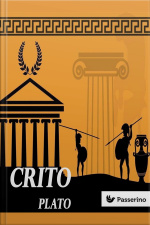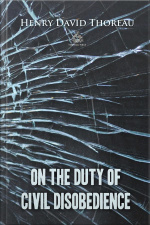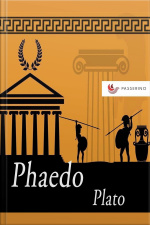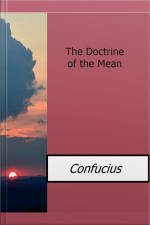"The Essays" of Michel de Montaigne are contained in three books and 107 chapters of varying length. Montaigne's stated design in writing, publishing and revising...
"Crito" is a dialogue by the ancient Greek philosopher Plato.Plato (424/423 – 348/347 BC) was a philosopher in Classical Greece and the founder of the Academy in...
"The New Atlantis" is an incomplete utopian novel by Sir Francis Bacon, published in 1627. Francis Bacon (22 January 1561 – 9 April 1626) was an English...
The Confessions is an autobiographical work of Jean-Jacques Rousseau which initiated modern autobiography. Covering the first fifty-three years of Rousseau's life the book...
In Civil Disobedience Thoreau argues that individuals should not permit governments to overrule or atrophy their consciences, and that they have a duty to avoid allowing such...
"Ethics, Demonstrated in Geometrical Order (Latin: Ethica, ordine geometrico demonstrata), usually known as "The Ethics", is a philosophical treatise written by...
At the time Thoreau made this wilderness canoe trip he was forty years old. The record of the journey is the latter half of his The Maine Woods, which is perhaps the finest idyl...
Phaedo also known to ancient readers as "On The Soul", is one of the best-known dialogues of Plato's middle period, along with the Republic and the Symposium. The...
The Doctrine of the Mean (Chinese: 中庸; pinyin: Zhōng yōng) is both a doctrine of Confucianism and also the title of one of the Four Books of Confucian philosophy. The...
"The Joyful Wisdom," written just before "Zarathustra," is rightly judged to be one of Nietzsche's best books. Here the essentially grave and masculine face of the...











